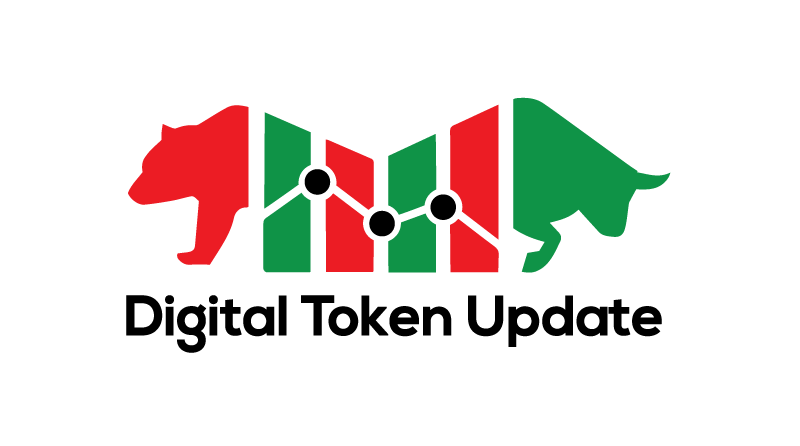CoW Swap hacker milks over 550 BNB using ‘solver’ exploit

Security firm PeckShield reported that the hacker successfully drained roughly 551 BNB off CoW Swap into Tornado Cash, which was worth around $181,600 at the time of writing.
Decentralized exchange (DEX) protocol CoW Swap recently suffered an attack, losing at least 550 BNB (BNB) in a contract exploit that approved fund transfers from the protocol.
Blockchain surveyor MevRefund flagged the event and detected that the funds seemed to be moving away from CoW Swap. The maximal extractable value (MEV) searcher warned the DEX and its users of the exploit in a Twitter thread.
@CoWSwap your funds appear to be moooving away …https://t.co/li1NkXNeUp
— MevRefund (@MevRefund) February 7, 2023
According to the smart contract auditing firm BlockSec, a wallet address was added as a “solver” of CoW Swap by a multisig. Then, the address invoked the transaction to approve DAI (DAI) to SwapGuard, which led to SwapGuard transferring DAI from the CoW Swap settlement contract to other addresses.
Blockchain security firm PeckShield estimated that around 551 BNB was lost, worth $181,600 at the time of writing. After stealing the assets, the hacker moved the funds to the infamous crypto mixer Tornado Cash.

During the attack, some community members panicked and urged users to revoke approvals from the DEX. However, the decentralized finance (DeFi) protocol said this isn’t necessary.
We are aware of an issue that has impacted the fees that CoW Protocol has collected over the past week.
We have mitigated the issue and are conducting an investigation.
Traders are in no way affected.
More details to follow.
— CoW Swap | Better than the best prices (@CoWSwap) February 7, 2023
According to CoW Swap, the exploited settlement contract only has access to the fees that the protocol collected in a week. The team said that it is unable to access user funds without an order signed by users directly.
CoW Swap has not yet responded to Cointelegraph’s request for comment.
Related: Scam alert: MetaMask warns crypto users about address poisoning
Meanwhile, despite the hacks surrounding DeFi, the space has had a prolific start in 2023, according to a report from DappRadar. Data showed that protocols saw significant growth in their total value locked in the month of January.
In other news, the United Nations also reported that North Korean hackers stole more crypto in 2022 compared with other years. The report estimates that hackers linked to North Korea were responsible for around $630 million to $1 billion in stolen crypto assets last year.

